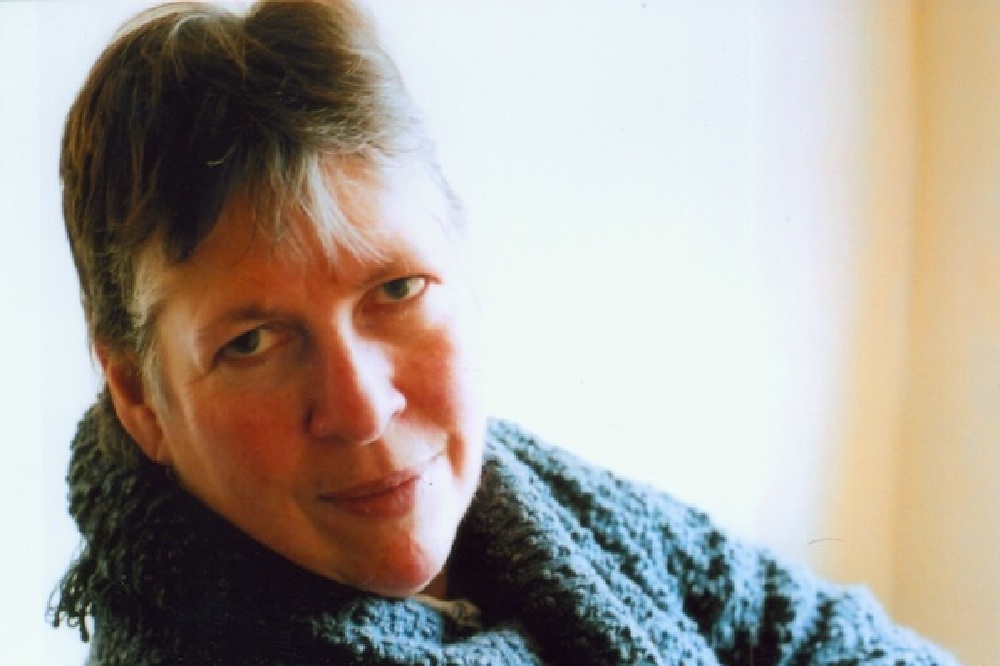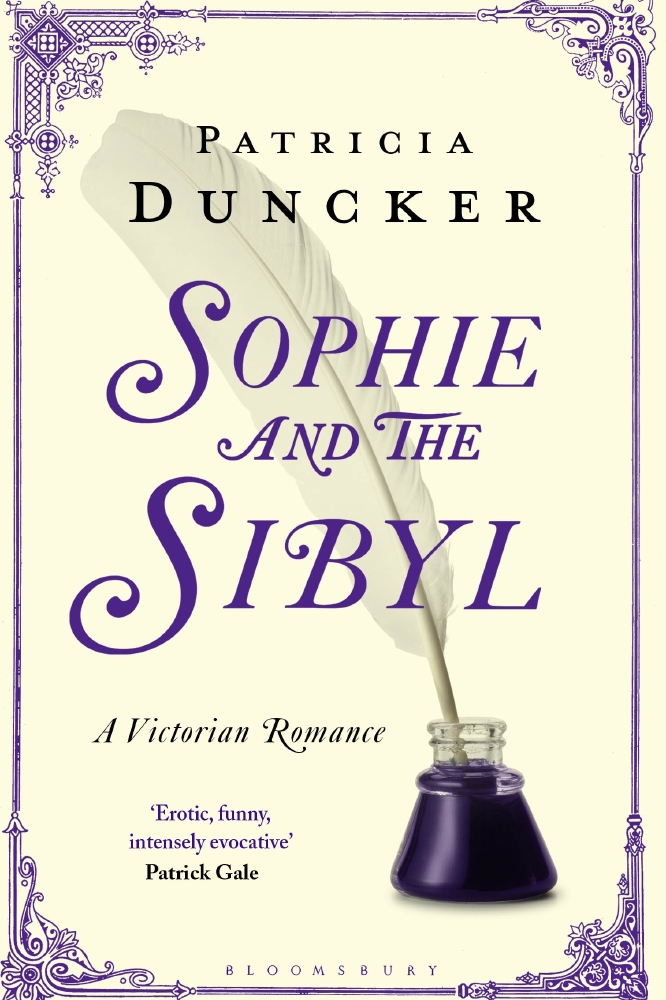Living Abroad I was born and grew up in Jamaica. I have always lived and worked in other people's countries. My outsider's view on life and writing is neither easy, nor comfortable to negotiate, but it does put a stop to outbursts of smug nationalism, and has prevented me from becoming a football hooligan. In France and Germany I deliberately pass for 'English', as this is a ready-made identity, eccentric, but widely accepted. German women are often as large as I am - in every direction. Buying clothes is bliss. Everything fits. One line, called 'Grosse Mode für starke Frauen' can either mean, 'Vast sizes for huge girls', or 'Great clothes for powerful women'. And you get to choose.

Patricia Duncker
Making writing demands an intimate knowledge of the language you use, and I agree with E.M. Forster: 'Yes, oh dear, yes, the novel tells a story.' So far as my own work is concerned I try to keep these two things in balance - that means that I try to exploit and explore the muscular beauty of our language, its origins and histories, and still give my readers the pure pleasure of a cracking story.
George Eliot is the master-mistress of my reading passions and the heroine of my latest novel, Sophie and the Sibyl. She is old, she is ugly, she is intelligent, and everybody is in love with her. Eliot's last years were a triumphal progress; fame, wealth and literary achievement her rewards, but she lost her not-quite-husband, G.H.Lewes, the man she loved above all, in 1878, two years before her own death. Her grief was absolute, yet she married her financial advisor, a man twenty years younger than she was, within eighteen months. Eliot's irony, tenderness, compassion and dramatic power inform all her books; her vast intelligence enthralls her readers. But her self-confidence never equaled her mighty gift. She needed constant praise and reassurance. Perhaps we all do.
What I'm reading now I am re-reading two books I read when I was in my teens: John Wyndham's short stories The Seeds of Time (1956) and his apocalypse novel The Kraken Wakes (1953), both reissued by Penguin. I listened to Val McDermid's atmospheric updated radio version of The Kraken Wakes on the BBC, which sent me straight back to the books. Wyndham's descriptive writing is fabulous, his imagined worlds tangible, vivid and extraordinary, his women characters powerful, gifted and unexpected. Writing action-adventure genre fiction that is crisp and original, and not littered with clichés, is a difficult achievement. Read him, he's worth it.
Reading Aloud is a ferocious test of any piece of writing. If you find yourself stumbling over a passage, look at the sentences again. Prose should have a rhythm, and if it isn't there, or you are avoiding something you need to say more sharply and precisely your own voice will find you out. Hear your own hesitations, deviations and repetitions revealed. Your own voice asks the question: did you really mean to write that? You probably didn't.
Shakespeare's villains always explain themselves with wit, elegance and charm. My beloved evil heroes are Edmund in King Lear, 'Now gods, stand up for bastards', Richard III and Iago. These are the characters that set out to beguile the audience. And all three are in charge of the plot. I often find the enclosed worlds of first-person narratives claustrophobic and self-indulgent; these characters are dramatised, vociferous, yet remain mysterious, inscrutable. When Iago persuades us that we shape our own destinies he reaches for a gardening metaphor. 'Virtue? A fig! 'Tis in ourselves that we are thus or thus. Our bodies are our gardens, to the which our wills are gardeners. So that if we will plant nettles or sow lettuce, set hyssop and weed up thyme, supply it with one gender of herbs or distract it with many-either to have it sterile with idleness, or manured with industry-why, the power and corrigible authority of this lies in our wills…' Can we really create ourselves, using this horticultural method of self-fashioning? I like to think so.
Gardening People who say they love gardening, but have clean, soft hands and perfectly shaped, manicured fingernails lose all credibility. She - or he - probably dead heads the geraniums with scissors, while wearing gloves. My version of gardening involves getting filthy, hacking my way through undergrowth, smelling of bonfire woodsmoke and dead leaves for weeks, and being attacked by brambles. My writing methods are very similar: start with an unpromising wilderness and wrestle the thing into shape.
Not so Secret Addiction - Game of Thrones I am as helplessly addicted to the TV show as is everybody else I know. The series is compelling because it's all about power struggles within and between families, the solid material of all domestic fiction. If you don't believe me, read Wuthering Heights. Cruelty, passion, torture and murder are the names of both games. However, I joined the audience well into Season Two. My dear friend in Oxford told me to ring back later as she was watching some "Hot Dwarf Action". I actually searched the TV Guide for sexy dwarves. Now I sit hypnotized before the screen and wonder how I can get my hands on a dragon.
What Matters Most is telling the truth, even when it's hard to hear and hard to write. Truth is astonishingly unsettling. George Eliot asked, 'Why should one expect the truth to be consoling?' It very rarely is, because truth is married to judgment. I am terrified of lies. The lies of love, or being deluded, the lies doctors tell when they are afraid you'll have hysterics in their surgery, the social myths that shape our lives, most of which are also lies. Fiction can tell truth, the whole truth; but will always tell it slant. Growing up into the truth involves learning, not only from your own experience, but also from that of others. That's why I read books.
The Rogue Element is insolence. The virtues of insolence cannot be too highly praised. It's my view that a serious writer should be cheeky, skeptical, insolent, fearless. Maybe that's the most important advice; in writing and living, fear nothing.


